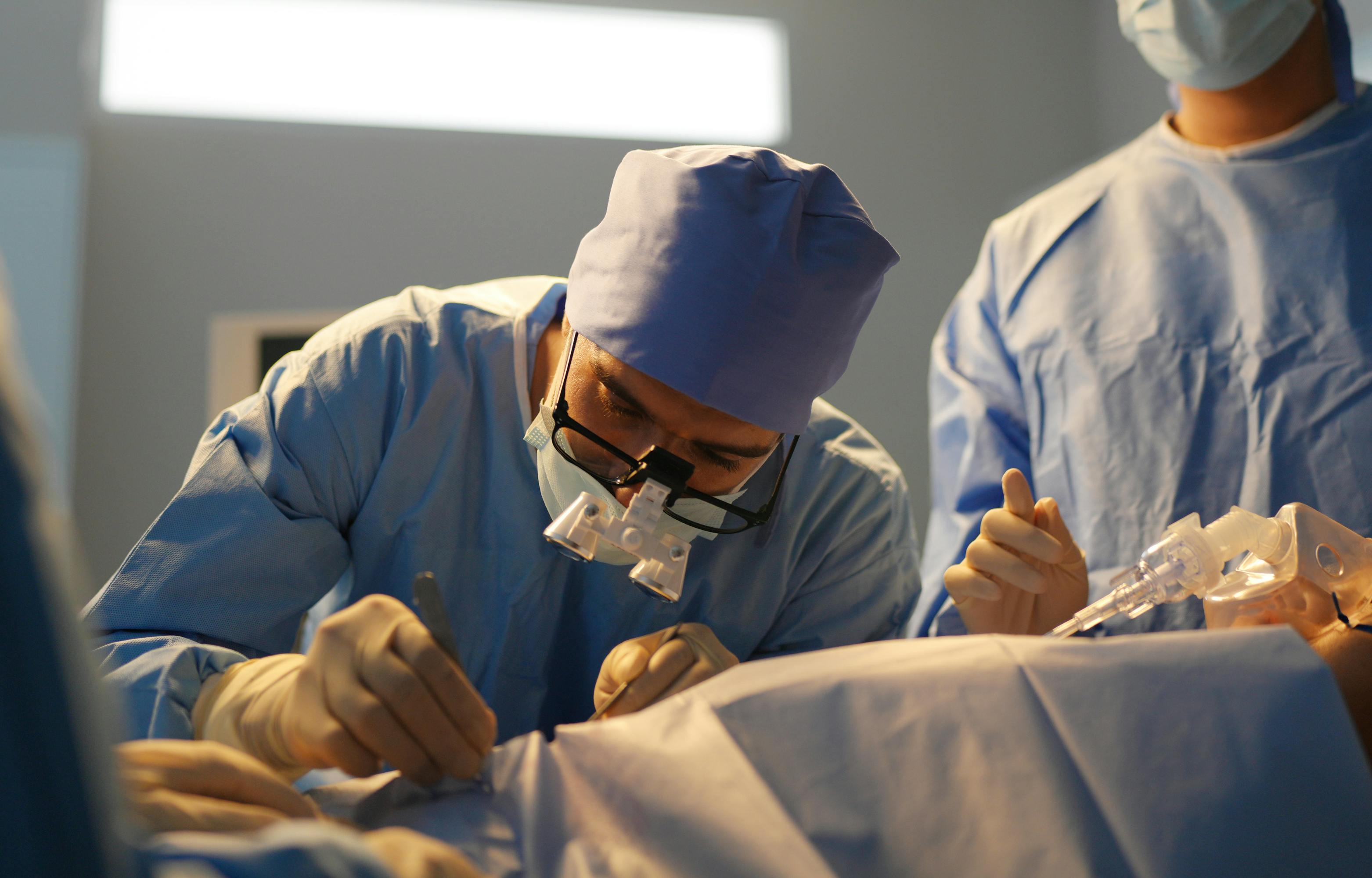Medtech design enters the fourth dimension
Imagine your child needs a medical device—an implant like a heart valve.
They received it while their body was still growing, so in time, their body will no longer fit the static product.
What’s the solution? A replacement, of course. Depending on how much a child may still have to grow, they might need multiple replacements.
However, researchers thinking about next-generation medtech design think we can do better than this.

The story: A new project from the University of Birmingham and Imperial College London aims to change the way medtech devices are designed—by better incorporating the variable of time. This approach is called four-dimensional design.
- Aptly named the 4D Health Tech initiative, the project focuses on the time-based changes in the human body, such as growth and tissue regeneration, which the researchers claim traditional medtech design neglects the impact of.
- The project will create a network of academics, private companies, clinicians, patients, and policymakers collaborating on work encompasses by this issue.
- The initiative is funded as part of a wider £10 million investment from the UKRI Engineering and Physical Sciences Research Council (EPSRC) regarding tomorrow’s engineering research challenges.
Changing medtech culture: More than supporting one individual product or treating one condition, the project has the ambitious goal of shifting medtech’s culture into one embracing longevity and flexibility—of devices, not just the human body.
- The new status quo the 4D Health Tech initiative promotes contrasts sharply with a widely observed consumer technology trend: planned obsolescence. This is a business strategy where products, like a smartphone, are designed to be replaced every few years to encourage further purchasing.
- In our industry, of course, a product becoming unusable isn’t just a pain for patients and providers—it can be dangerous. We discussed this issue last year with respect to medtech devices going obsolete when their companies went out of business.
- We hope that findings and collaborations from this project will yield products that can keep us healthier for longer, using more sustainable approaches and designs.